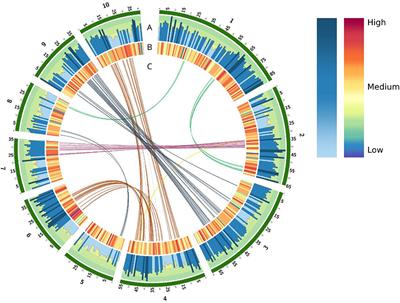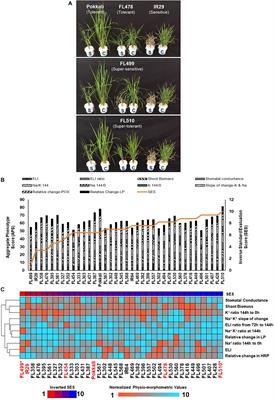EDITORIAL
Published on 05 Apr 2022
Editorial: Grass Genome Evolution and Domestication
doi 10.3389/fpls.2022.866201
- 818 views
8,475
Total downloads
36k
Total views and downloads
You will be redirected to our submission process.
EDITORIAL
Published on 05 Apr 2022
ORIGINAL RESEARCH
Published on 26 Jan 2022

ORIGINAL RESEARCH
Published on 18 Nov 2021

ORIGINAL RESEARCH
Published on 04 Oct 2021

ORIGINAL RESEARCH
Published on 03 Sep 2021

ORIGINAL RESEARCH
Published on 30 Aug 2021

ORIGINAL RESEARCH
Published on 13 Aug 2021

ORIGINAL RESEARCH
Published on 06 Aug 2021

ORIGINAL RESEARCH
Published on 23 Feb 2021

